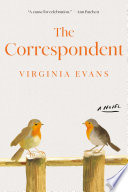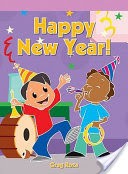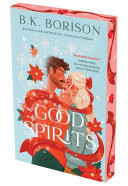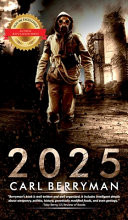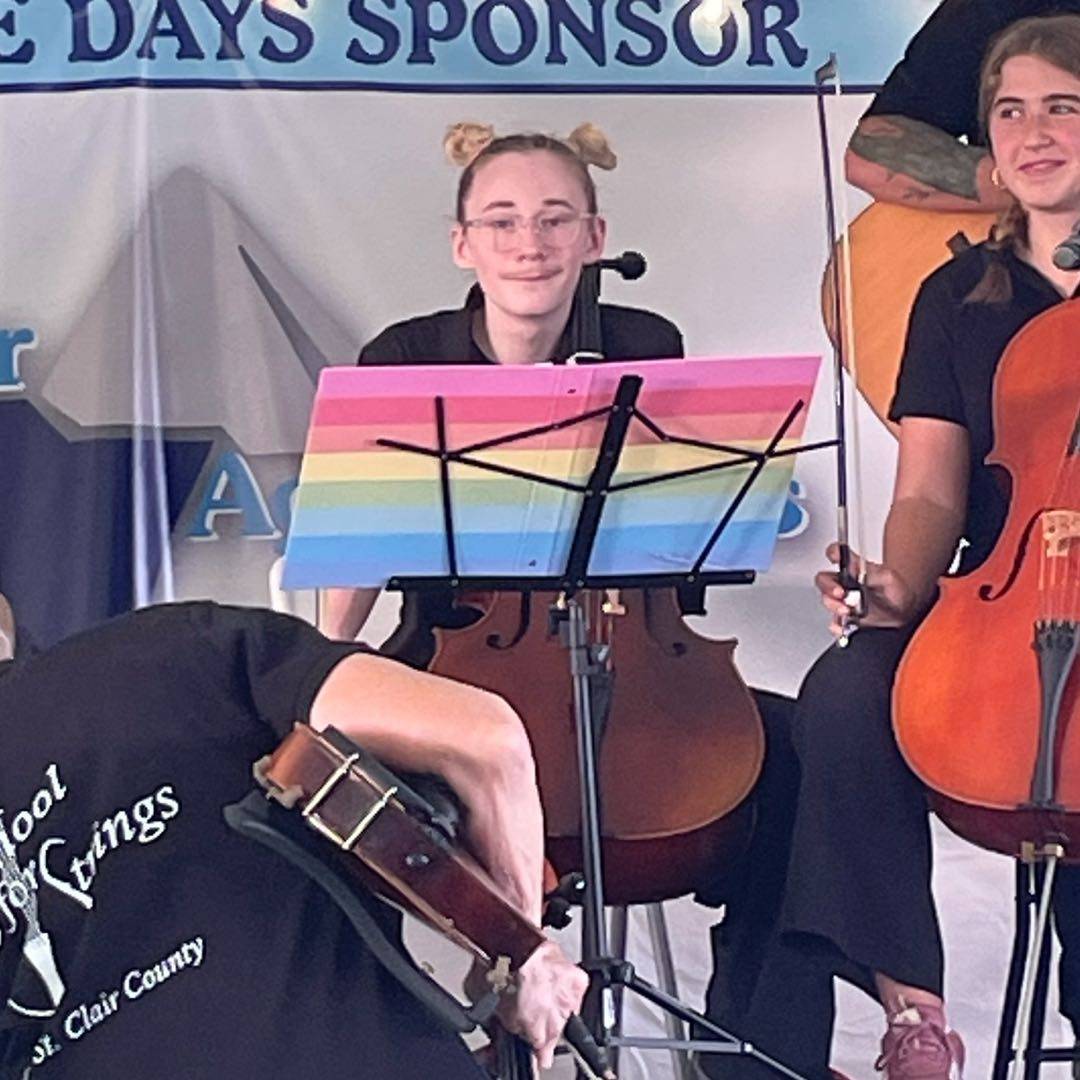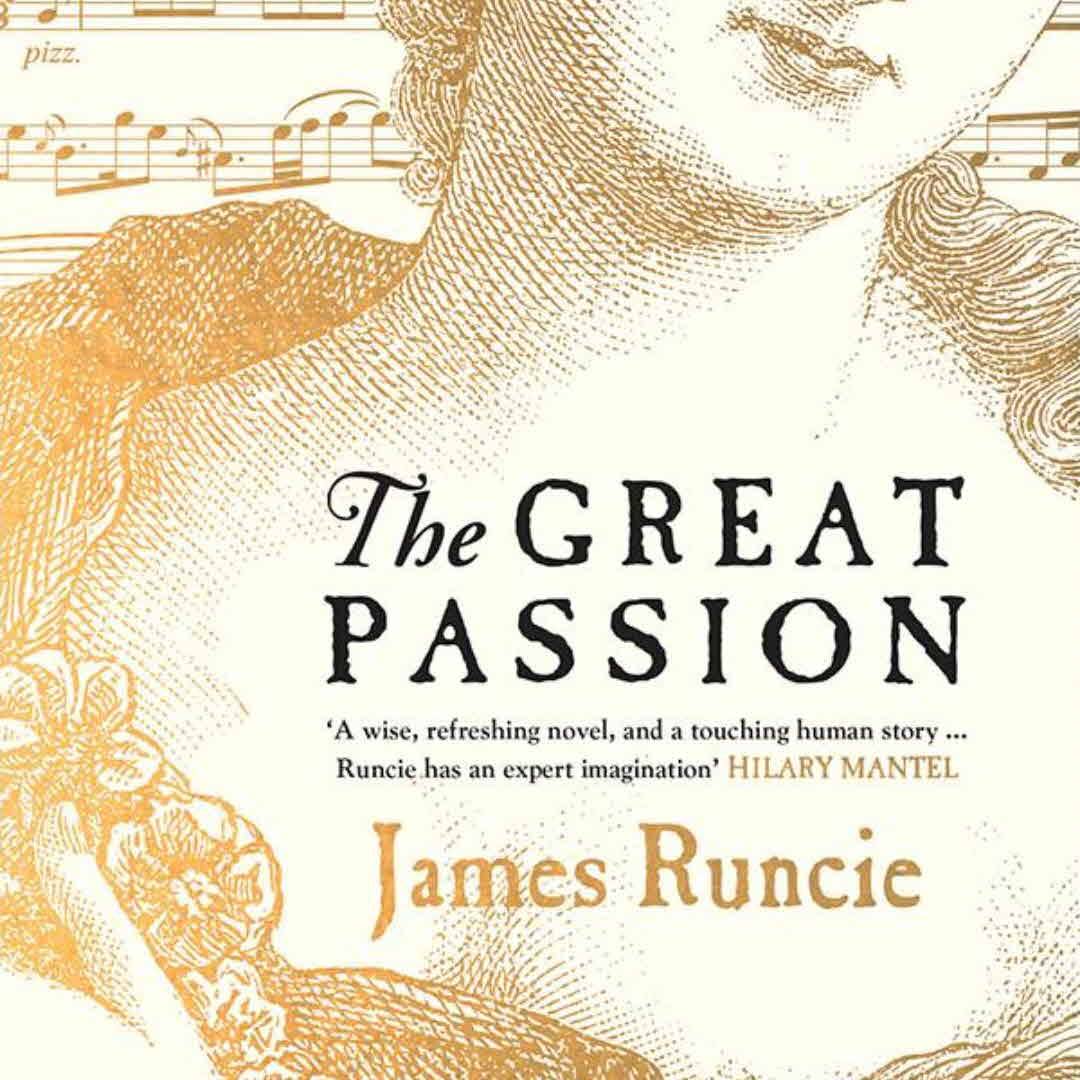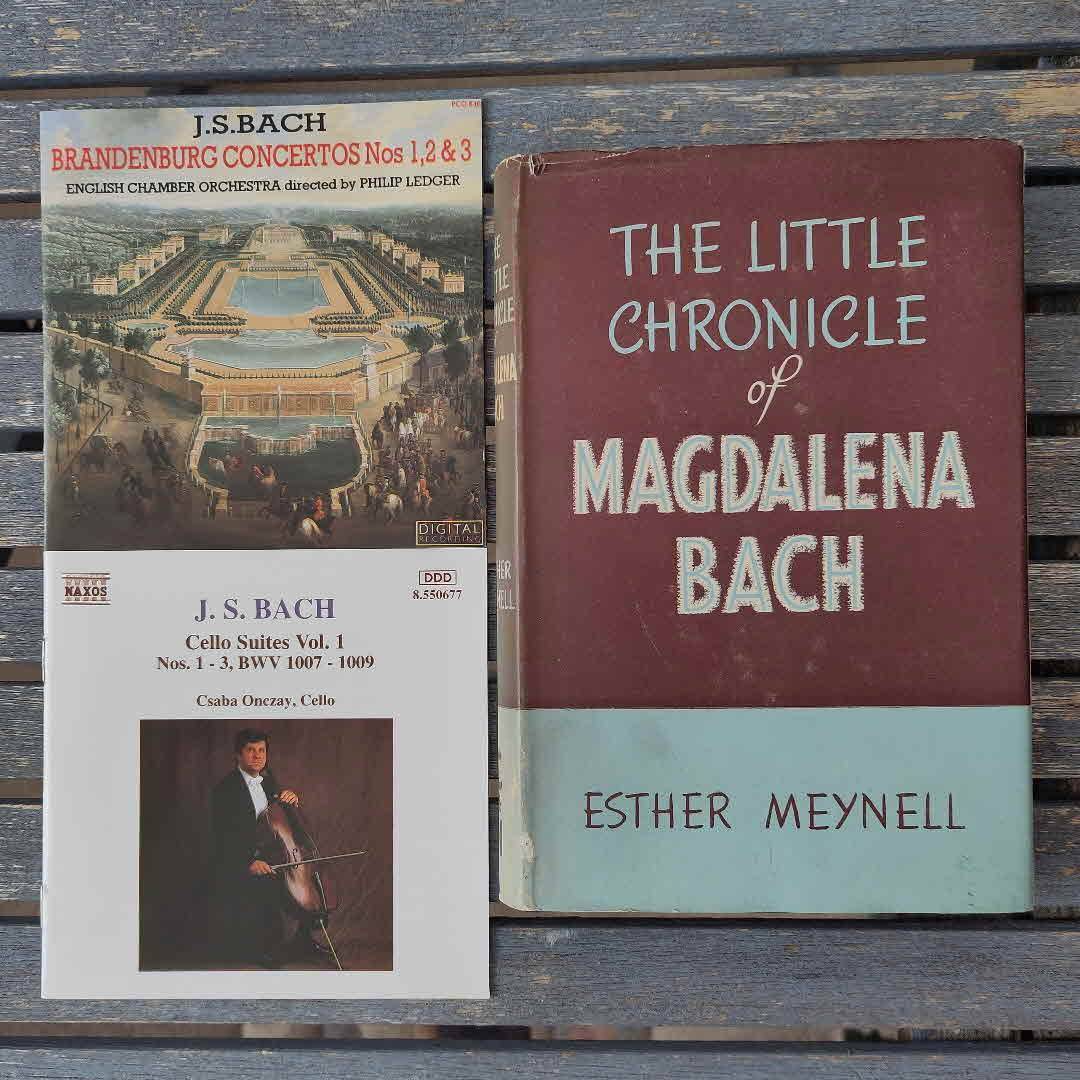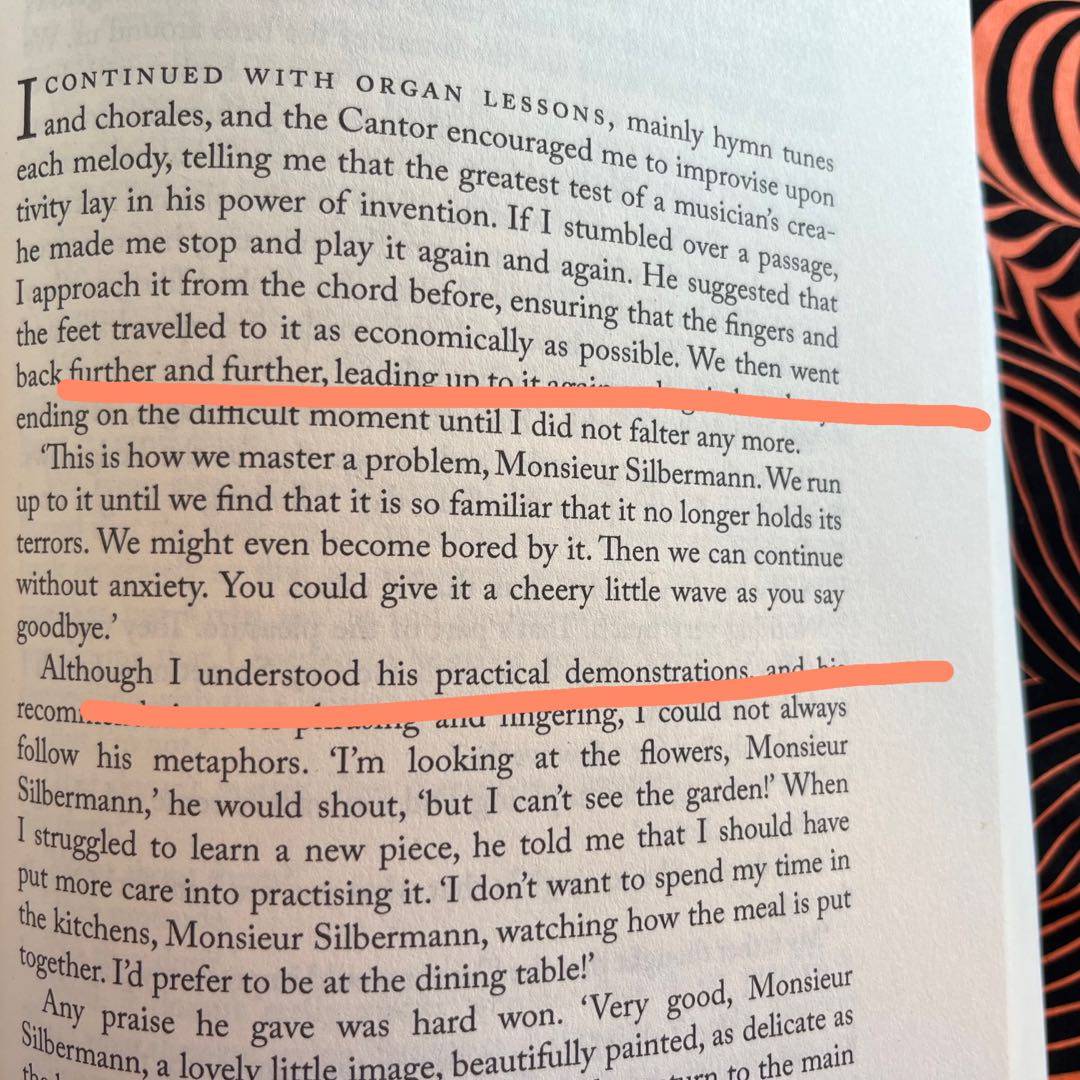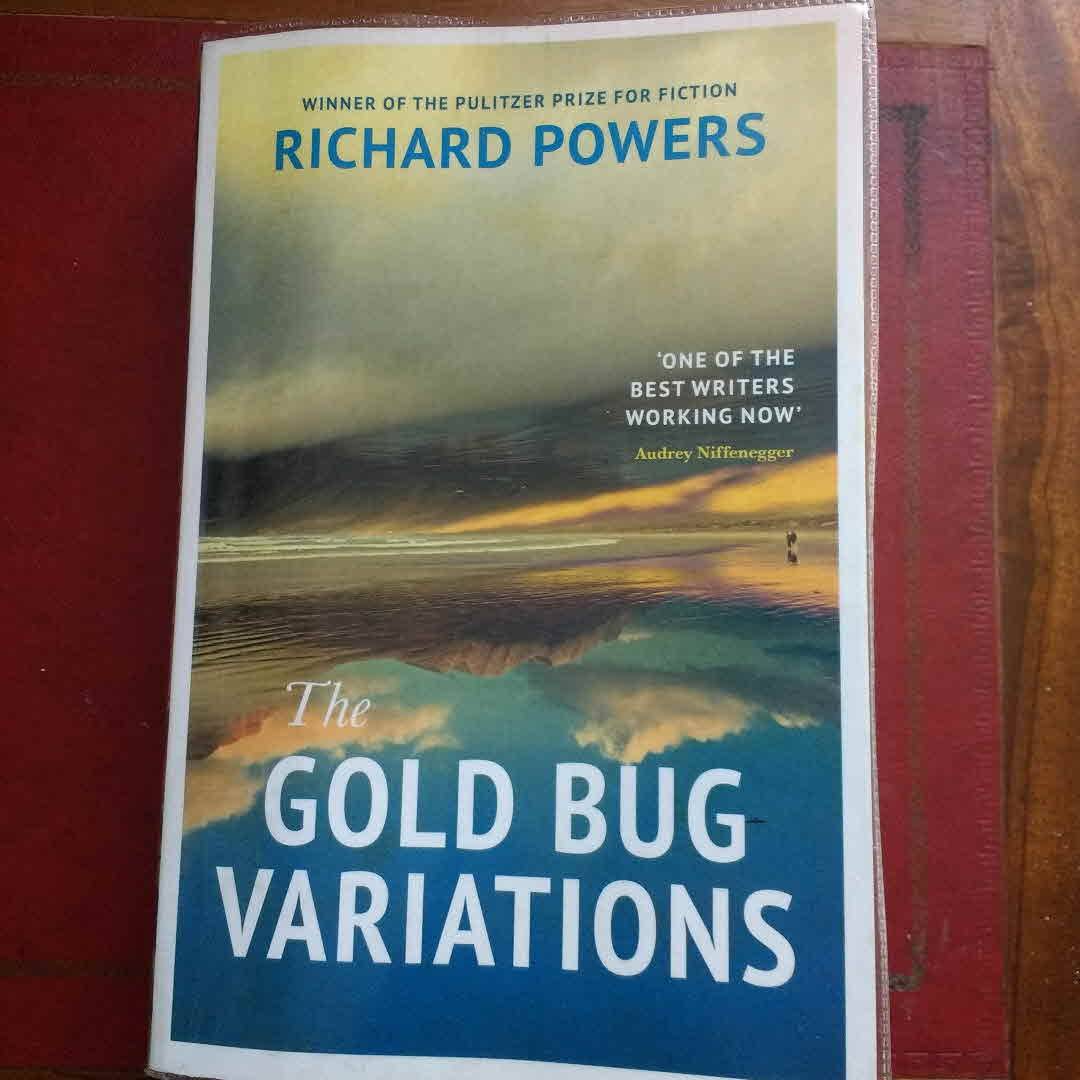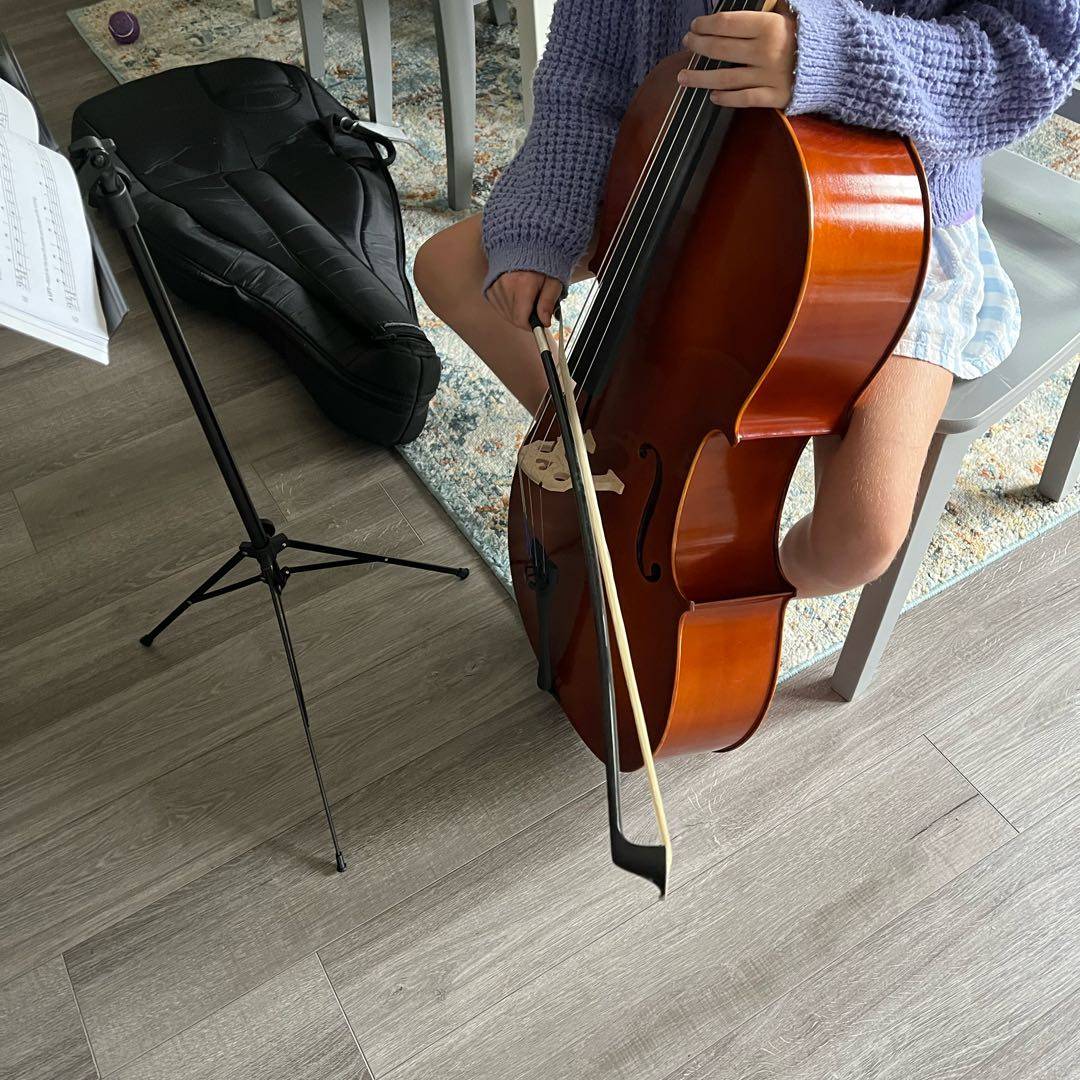
My daughter could start in band/orchestra this year at her school. She chose the cello. The instrument is about as big as her but she is excited. We are trying to match her enthusiasm as we listen to the sweet (screeching) sounds as she‘s learning how to play. She was adamant that she wanted to play the cello from the start. She‘s also seen someone on YouTube play “Pink Pony Club” on cello & it‘s motivated her more.







